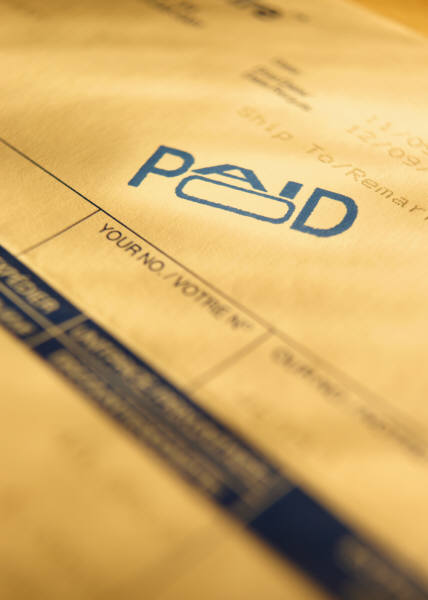When I bought my first house I found the whole process very stressful; exciting but stressful. So stressful in fact that when all was finally organised and executed and we moved in I realised I’d forgotten to get the power turned on.
Luckily there was still power at the house so, score! The next day I started my own account.
A few days later though I received a hefty bill in the mail. Apparently the previous resident left without cancelling the electricity or giving a forwarding address. When I started my new account they cancelled the previous one and, not knowing where to send the bill, sent it to the property addressed to “The Homeowner”.
I called the company and told them, politely, to take there bill and push off, which subsequently they did. Electricity accounts are issued to customers not properties.
Body Corporate Levies Are Issued to Lots
The same is not true of body corporate levies. They are issued to lots.
A body corporate is essentially a closed system. They’re not trading or selling product and services, they are collecting levies from lot owners to manage the common property. Consequently there is no leeway in a body corporate budget to cover one, or more, lot owners who haven’t paid their levies.
The body corporate quite simply cannot afford for any lot owner not to make payment, regardless of personal circumstances.
Its vitally important then to make sure the body corporate levies are paid up to date when you’re purchasing a lot, or along with your shiny new investment you could end up with a substantial debt.
Section 205 Certificates
A section 205 certificate is always a good idea when buying a lot in a body corporate but essential when the levies for that lot are in arrears.
The issue is in how the body corporate deals with levies in arrears, particularly if the lot owner is being “chased”. There are no excess funds in a body corporate budget so, if money needs to be expended to recover unpaid levies the costs will be collected from the lot owner in arrears.
A levy statement, or balance of levies owing, at any given point in time may or may not include these extra costs incurred. That means even though levies were balanced at settlement a few weeks, months or even years later you could still get a bill for unpaid costs. I have actually had this happen to a client who received a bill three years after his lot settled.
The best way to ensure that all levies and costs are paid is to obtain a section 205 certificate directly from the body corporate. A section 205 certificate states
Section 205(5) of the Act provides that the person obtaining this certificate may rely on it against the body corporate as conclusive evidence of the matters stated, except for errors reasonably apparent.
When a section 205 certificate request is made the body corporate must include on that certificate all outstanding levies and all outstanding costs incurred in collection of the levies, even if those costs have not yet been billed to the body corporate. If the amount stated in the certificate is settled at settlement then the body corporate cannot then bill the new lot owner for further costs.
Any good conveyancer will check the body corporate levies immediately prior to settlement. Obtaining a section 205 certificate is vitally important when there have been arrears.

 Unless stated otherwise all the information on this website relates to Queensland legislation.
Unless stated otherwise all the information on this website relates to Queensland legislation.